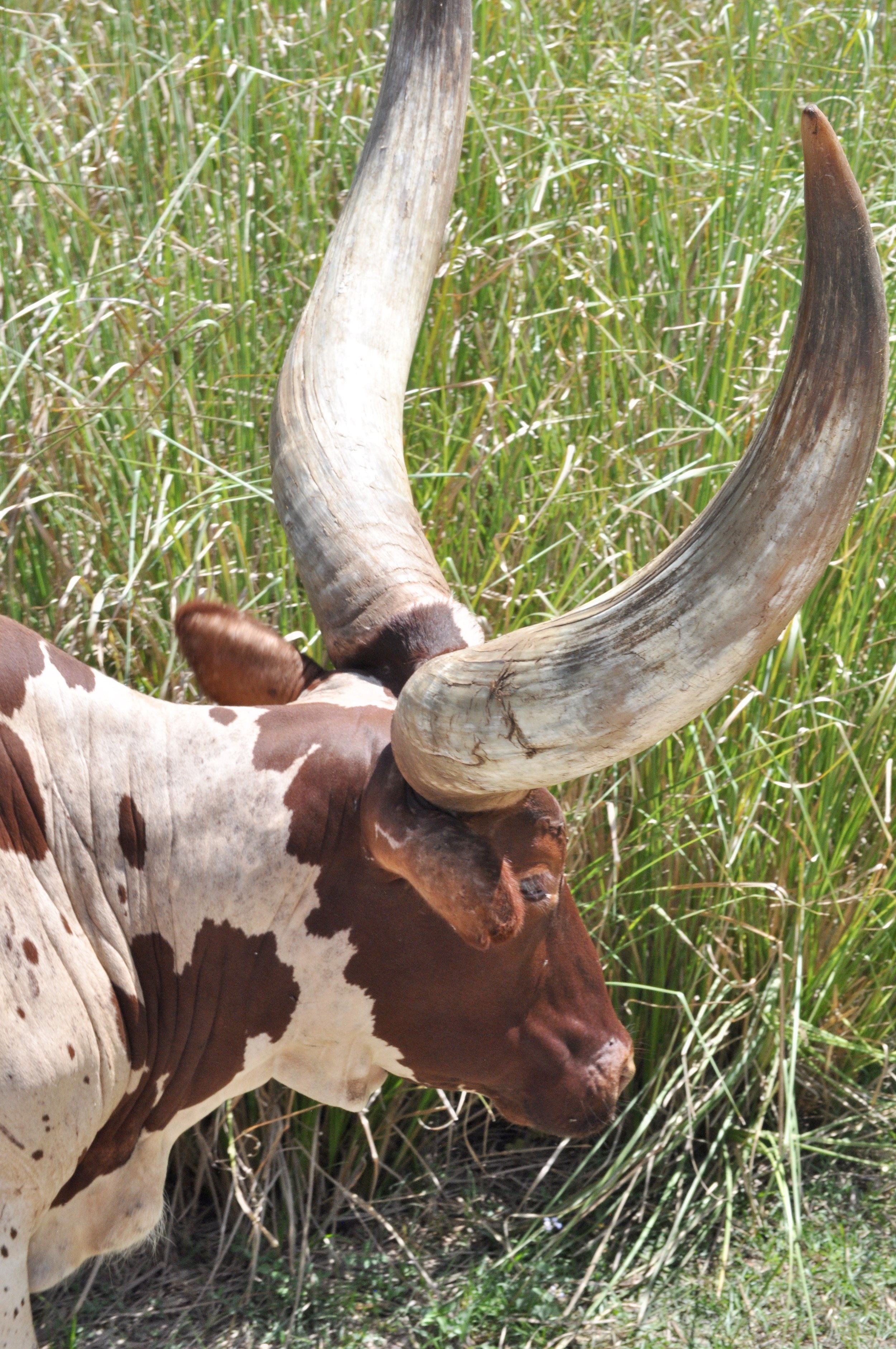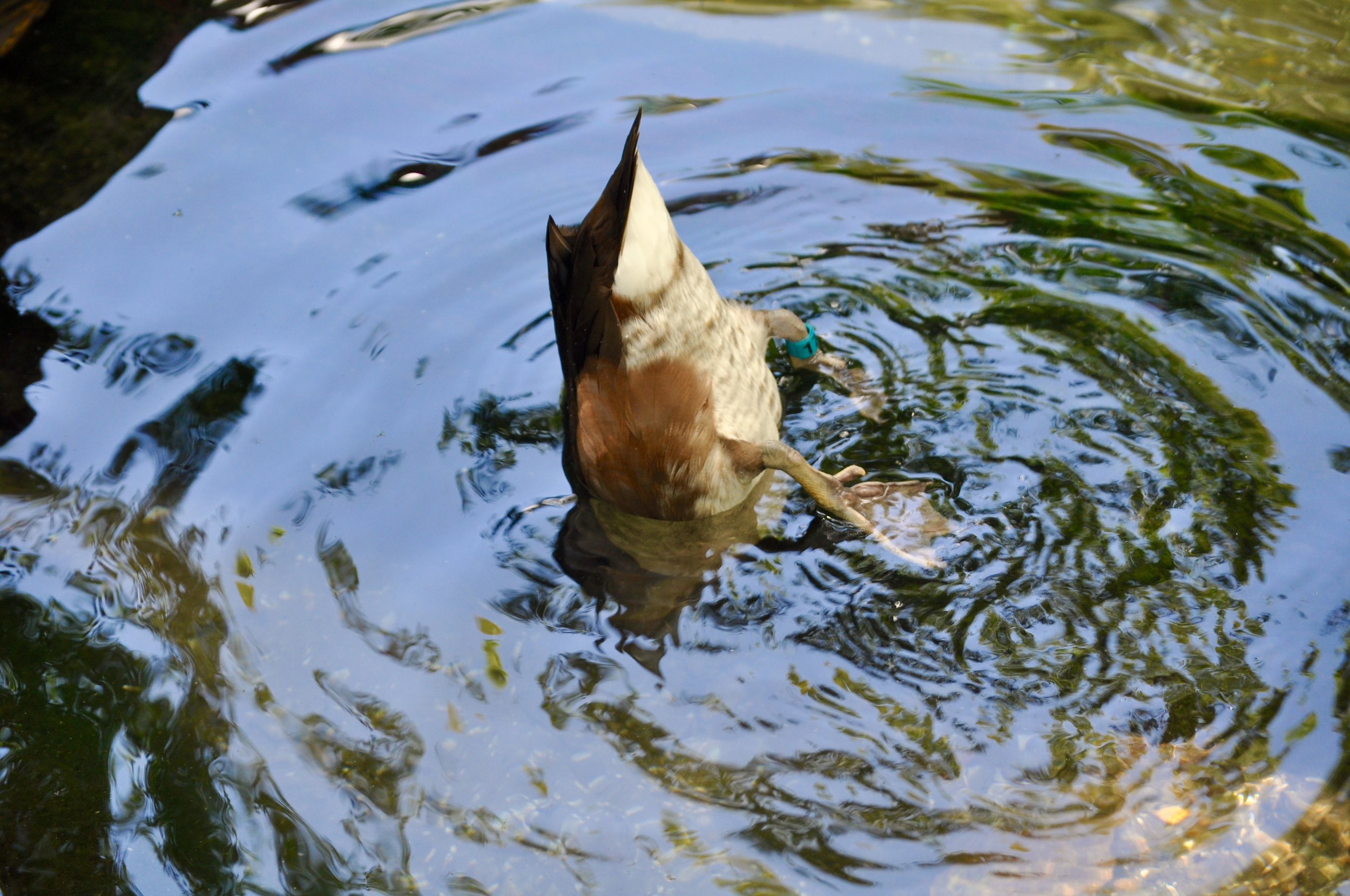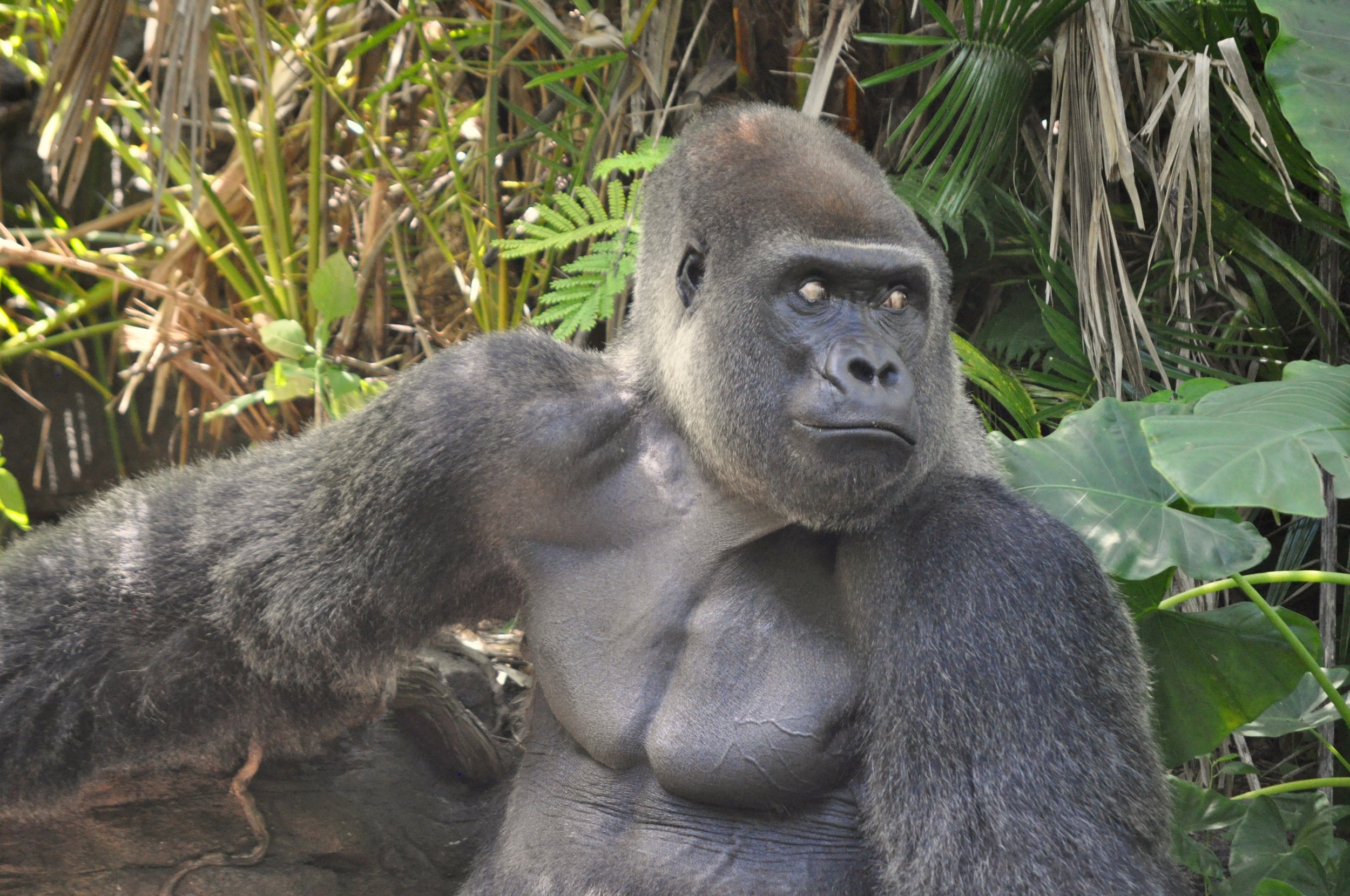Staff Roles Within The Behavioral Husbandry Program
Science Operations Director
The Science Operations Director (SOD) is responsible for directing program development and continuity for the evidence-based behavior management programs, globally and in their respective parks. To assist in maintaining and to keep the programs progressing, the SOD provides support and leadership to the BHZM and Behavior Analyst for:
Ensuring the BH vision, mission, philosophy, and commitments are followed by all partners
Effective communication and relationships between the animal care teams and BH, when applicable
Providing resources (time, budgeting, technical needs, etc.) that help maintain the programs and assist the progression of the BH programs
Foster a positive and inclusive learning environment for both humans and animals
Cultivate a culture where everyone seeks to understand different viewpoints and embraces learning from others
BHZM and Behavior Analyst career development
Behavioral Husbandry Zoological Manager
The Behavioral Husbandry Zoological Manager (BHZM) is responsible for guiding development and continuity for the evidence-based behavior management programs, globally and in their respective contact animal areas. To assist in maintaining and to keep the programs progressing, the BHZM provides support and leadership to the animal care teams for:
Ensuring the BH vision, mission, philosophy, and commitments are followed by all partners
Effective communications and relationships between the animal care teams and BH, when applicable
Providing resources (time, budgeting, technical needs, etc.) that help maintain the programs and assist in the progression of the BH programs
Creating staff development opportunities in the skills of evidence-based behavior management, as well as promoting awareness of external learning opportunities
Ensure staff are doing daily observation and evaluation of animals behavior
Ensures staff are knowledgeable in the behavior management tools that can be utilized to change behavior (training, enrichment, social, feeding strategies, environment etc.)
Foster a positive and inclusive learning environment for both humans and animals
Cultivate a culture where everyone seeks to understand different viewpoints and embraces learning from others
In partnership with specific animal area Zoological Managers (ZM), the BHZM will:
Assist the team in continuous goal setting and prioritization for behavior management
Review enrichment and training plans and provide feedback to the team, as requested
Partner with teams in measuring behavior change
Help build and maintain skills in ZMs, keepers and aquarists on training, enrichment and behavior management techniques
Assure the team is following process for approval of training and enrichment initiatives
Assure the team is documenting training sessions, enrichment initiatives, and other behavior change strategies utilizing using the agreed process
Facilitate effective meetings in regards to behavior management, including problem-solving or topic-specific workshops, when applicable
Maintain relationships with partners in regards to behavior management with animals in the collection
Behavior Analyst
The Behavior Analyst, in partnership with the BHZM’s, provides support to animal care teams for:
Ensuring the BH vision, mission, philosophy, and commitments are followed by all partners
Effective communications and relationships between the animal care teams and BH, when applicable
Providing resources (time, budgeting, technical needs, etc.) that help maintain the programs and assist in the progression of the BH programs
Creating staff development opportunities in the skills of behavior management, as well as, promoting awareness of external learning opportunities
Creating functional analysis as requested and assisting teams through the process
Translating scientific principles of behavior to practical applications
Ongoing contact with advances in the field of behavior analysis and their applications in the zoological field
Foster a positive and inclusive learning environment for both humans and animals
Cultivate a culture where everyone seeks to understand different viewpoints and embraces learning from others
Animal Operations Manager
The Animal Operations Manager (AOM) is responsible for the oversight of the implementation of evidence-based behavior management programs within their respective animal areas. To assist in maintaining and to keep the programs progressing, the AOM provides support and leadership to the area ZMs and BHZM for:
Ensuring the BH vision, mission, philosophy, and commitments are followed by all partners
Effective communication and relationships between the animal care teams and BH, when applicable
Providing resources (time, budgeting, technical needs, etc.) that help maintain the programs and assist in the progression of the BH programs in their area
Foster a positive and inclusive learning environment for both humans and animals
Cultivate a culture where everyone seeks to understand different viewpoints and embraces learning from others
Zoological Managers
The area Zoological Manager (ZM) is responsible for the daily operation of all aspects of evidence-based behavior management for their area, providing leadership and support to their team. To assist in maintaining and to keep the programs progressing, the area ZM provides support and leadership to the animal care cast for:
Ensuring the BH vision, mission, philosophy, and commitments are followed by all team members
Effective communications and relationships between the animal care teams and BH, when applicable
Advocating and providing resources (time, budgeting, technical needs, etc.) that help maintain the programs and assist in the progression of the BH programs
Supporting and creating staff development opportunities in the skills of behavior management, internally and externally
Review enrichment and training plans and provide timely feedback to cast; request review by partners (veterinarians, nutritionist and behavioral husbandry) as needed
Ensure staff are doing daily observation and evaluation of animals behavior
Ensures staff are knowledgeable in the behavior management tools that can be utilized to change behavior (training, enrichment, social, feeding strategies, environment etc.)
Foster a positive and inclusive learning environment for both humans and animals.
Cultivate a culture where everyone seeks to understand different viewpoints and embraces learning from others.
In partnership with BHZMs, the area ZMs will:
Assist the team in continuous goal setting and prioritization for behavior management
Ensure measurement of behavior change
Coach keepers on training, enrichment and behavior management techniques that align with the ASE Philosophy and Commitments
Assure the team is following process for approval of training and enrichment initiatives
Assure the team is documenting training and enrichment initiatives, and other behavior change strategies utilizing using the agreed upon process
Facilitate effective meetings in regards to behavior management, including problem-solving or topic-specific workshops, when applicable
Aquarist/Keeper/Trainer
This role is responsible for the day-to-day implementation of the evidence-based behavior management programs. The aquarist/keeper/trainer:
Is involved in behavioral goal setting for the animals in their area
Involved in the daily observation and evaluation of animals behavior
Knowledgeable in the behavior management tools that can be utilized to change behavior (training, enrichment, social, feeding strategies, environment etc.)
Initiates the planning and approval processes for training and enrichment initiatives
Trains animals and enriches habitats in accordance to the approved plans and initiatives
Documents training, enrichment, and other behavior change strategies utilizing agreed upon methods
Evaluates documentation and adjusts plans and initiatives with their team
Actively participate in a positive and inclusive learning environment for both humans and animals
Seek to understand different viewpoints and embrace learning from others
Animal Health Team
The animal health teams supports and participates in many aspects of the behavioral husbandry program. The contact or case-specific veterinarian is responsible for:
Providing feedback for setting and prioritizing behavioral goals for animals within contact areas
Communicating with area ZMs and BHZM about any behavioral successes and/or challenges within contact areas
Ensuring animal health team supports the BH vision, mission, philosophy, and commitments between animal husbandry and behavioral husbandry
Attending routine training sessions when agreed upon to assist the training process (a veterinarian technician may be asked to assist in the training sessions)
Clarifying desired aspects of medical procedures to aid in proactive training
Foster a positive and inclusive learning environment for both humans and animals
Cultivate a culture where everyone seeks to understand different viewpoints and embraces learning from others
Nutrition Team
The nutrition team provides support to the behavioral husbandry program in a variety of ways. The nutrition team is responsible for:
Design diets in conjunction with the Behavioral Health, Veterinary, and Animal Care teams to ensure nutritional, training, enrichment, and medical needs are met
Answer questions regarding an animal’s nutritional needs, and coordinate with the ANC in terms of what foods are available and how they can be prepared.
Advise on species-appropriate feeding behaviors and activities
Develop long-term dietary, health, welfare, and behavioral goals for animals in conjunction with the BH, Veterinary, and AC teams
Foster a positive and inclusive learning environment for both humans and animals
Cultivate a culture where everyone seeks to understand different viewpoints and embraces learning from others










